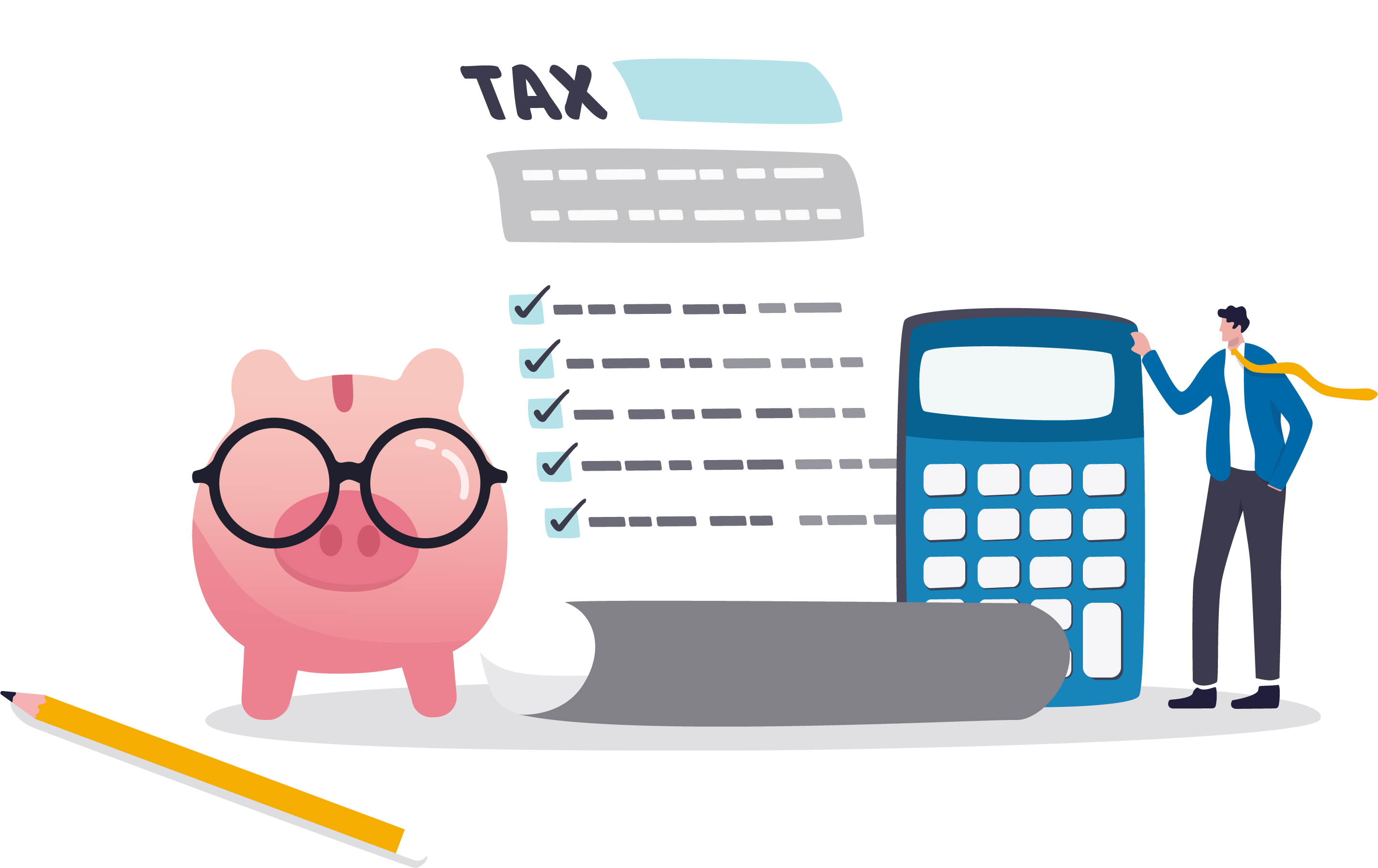Understanding Tax Exemption Under Section 10(42) of the Income Tax Act
Section 10(42) of the Income Tax Act is a crucial provision for specific bodies or authorities operating in India under international agreements. This section provides tax exemptions for certain types of income, ensuring these entities can function effectively without the burden of income tax, provided they meet specific criteria.
Eligibility Criteria for Tax Exemption
To qualify for tax exemption under Section 10(42), a body or authority must satisfy the following conditions:
Establishment or Constitution:
The body or authority should be established, constituted, or appointed under a treaty or an agreement entered into by the Central Government with two or more countries or a convention signed by the Central Government.
Non-Profit Purpose:
The body or authority should not be established or constituted for profit purposes.
Notification:
The Central Government must notify the body or authority in the Official Gazette for the purposes of this clause.
Specified Income
The term “specified income” is central to understanding the scope of the exemption under Section 10(42). Here’s what it entails:
Defined by Notification:
The Central Government will issue a notification specifying the nature and extent of income that qualifies for exemption. Only the income mentioned in the notification will be exempt from tax.
Explanation of Specified Income
For the purposes of this clause, “specified income” means the income, of the nature and to the extent, arising to the body or authority referred to in this clause, which the Central Government may notify in this behalf. This means that the exemption is not blanket but is specific to the income types and extents defined by the government notifications.

Practical Implications
For Bodies or Authorities:
International organizations established under treaties or agreements involving the Indian Central Government can benefit from this tax exemption, provided they meet all the specified criteria and are officially notified.
For Tax Planning:
These entities must ensure compliance with the non-profit requirement and stay updated on the notifications issued by the Central Government concerning the specified income to maximize their tax benefits.
Example
Consider an international organization established under a treaty involving India and several other countries. If this organization focuses on non-profit activities such as environmental protection and is subsequently notified by the Central Government for the purposes of Section 10(42), its specified income as defined in the notification would be exempt from tax.
Impact on International Cooperation
Section 10(42) facilitates international cooperation by ensuring that bodies or authorities involved in multinational agreements can operate without the additional financial burden of income tax. This provision is particularly beneficial for organizations involved in global initiatives such as climate change, public health, and educational programs.
Case Studies
Case Study 1: Environmental Protection Organization
An environmental protection organization established under a treaty between India, Nepal, and Bhutan is engaged in afforestation projects. The organization is notified by the Central Government under Section 10(42), making its income from international donations and grants tax-exempt, allowing it to allocate more resources to its projects.
Case Study 2: Public Health Initiative
A public health initiative aimed at eradicating malaria, established under a convention signed by the Central Government with multiple countries, receives substantial funding from international health bodies. The initiative, being notified under Section 10(42), enjoys tax exemption on its specified income, facilitating better resource management and project implementation.
Compliance and Documentation
To ensure compliance and avail the benefits of Section 10(42):
- Maintain proper documentation of the establishment and purpose of the body or authority.
- Regularly check for notifications in the Official Gazette.
- Keep records of income types and extents specified in the notifications.
- Ensure all activities align with the non-profit requirement.
FAQs on Section 10(42) of the Income Tax Act
1. What types of bodies or authorities are eligible for tax exemption under Section 10(42)?
Bodies or authorities established, constituted, or appointed under a treaty or agreement entered into by the Central Government with two or more countries or a convention signed by the Central Government, and not for profit purposes, are eligible.
2. What does “specified income” mean under Section 10(42)?
“Specified income” refers to the type and extent of income that the Central Government may notify as qualifying for tax exemption under this section.
3. How can a body or authority qualify for the exemption?
The body or authority must meet the establishment criteria, operate on a non-profit basis, and be notified by the Central Government in the Official Gazette.
4. What is the significance of the notification by the Central Government?
The notification specifies which bodies or authorities and what types of income qualify for the exemption. Only the income mentioned in the notification is exempt from tax.
5. Can profit-making bodies qualify for this exemption?
No, only non-profit bodies or authorities can qualify for the exemption under Section 10(42).
6. How can eligible entities stay informed about relevant notifications?
Eligible entities should regularly check the Official Gazette and notifications issued by the Central Government to stay updated on the types of income that qualify for exemption.
Conclusion
Section 10(42) of the Income Tax Act plays a vital role in supporting international cooperation by providing tax exemptions to bodies or authorities operating under international agreements. By relieving them from the income tax burden, this provision ensures that such entities can focus on their primary non-profit objectives without financial strain. Entities that believe they qualify for this exemption should ensure they meet all the criteria and stay informed about relevant government notifications.
For more details on other sections of the Income Tax Act and related case laws, visit SmartTaxSaver. Stay updated with the latest tax regulations and make informed decisions to optimize your tax planning strategies.


Leave a Reply